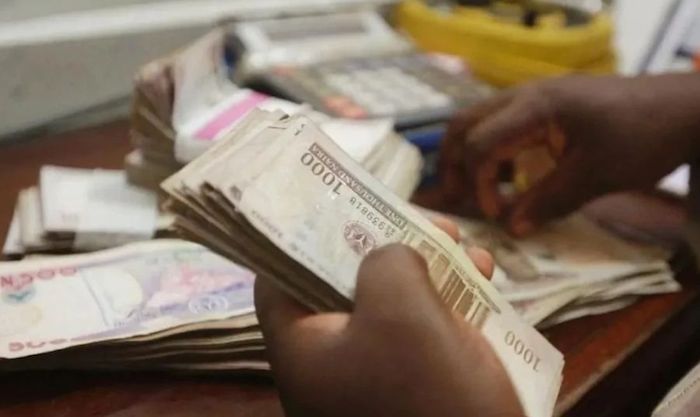Investors showed strong interest in the one-year Open Market Operations (OMO) bills auction held on Wednesday, with yields climbing to an attractive 28.55 percent.
The auction for the 357-day OMO bills was oversubscribed by N487.95 billion, which was more than three times the N150 billion offered. This auction marked the first OMO bill sale following the Monetary Policy Committee’s decision to increase interest rates by 150 basis points to 26.25 percent, resulting in real returns narrowing to a negative 2.3 percent.
Governor Olayemi Cardoso of the Central Bank of Nigeria (CBN) had earlier outlined strategies to combat Nigeria’s high inflation rate, stabilize the exchange rate, and boost confidence in the banking sector and the broader economy.

He also projected sustained increases in the CBN’s foreign currency reserves and improved liquidity in the foreign exchange market during a meeting with investors.
Investor interest was less pronounced for the 105-day and 189-day tenors, with subscriptions of N10 billion and N20 billion respectively, and yields at 19.80 percent and 21.47 percent respectively.
In total, N518 billion was mopped up at the auction, more than twice the amount offered.
Meanwhile, at the primary T-Bills auction, the CBN rolled over existing T-Bills totaling N221.13 billion across various maturities: N14.42 billion for the 91-day, N26.82 billion for the 182-day, and N179.89 billion for the 364-day instruments.
The one-year NT-bills auction also saw strong demand, with N677 billion subscribed, more than three times the N179.8 billion offered. The CBN sold N246 billion worth of these bills at a stop rate of 20.67 percent.
Similarly, the 91-day T-Bill had significant demand, with over 36 percent of the N14.42 billion offered allotted at a stop rate of 16.5 percent. The medium tenor (182-day) saw low buys of N12.27 billion compared to the N26.81 billion offered, at a stop rate of 17.5 percent.
Overall, the CBN sold a total of N278.4 billion at the auction, which was over twice the amount of subscriptions received.
This robust demand for Nigerian government securities reflects investor preference for high-yielding assets amidst the country’s economic challenges, particularly high inflation rates.
Support InfoStride News' Credible Journalism: Only credible journalism can guarantee a fair, accountable and transparent society, including democracy and government. It involves a lot of efforts and money. We need your support. Click here to Donate
